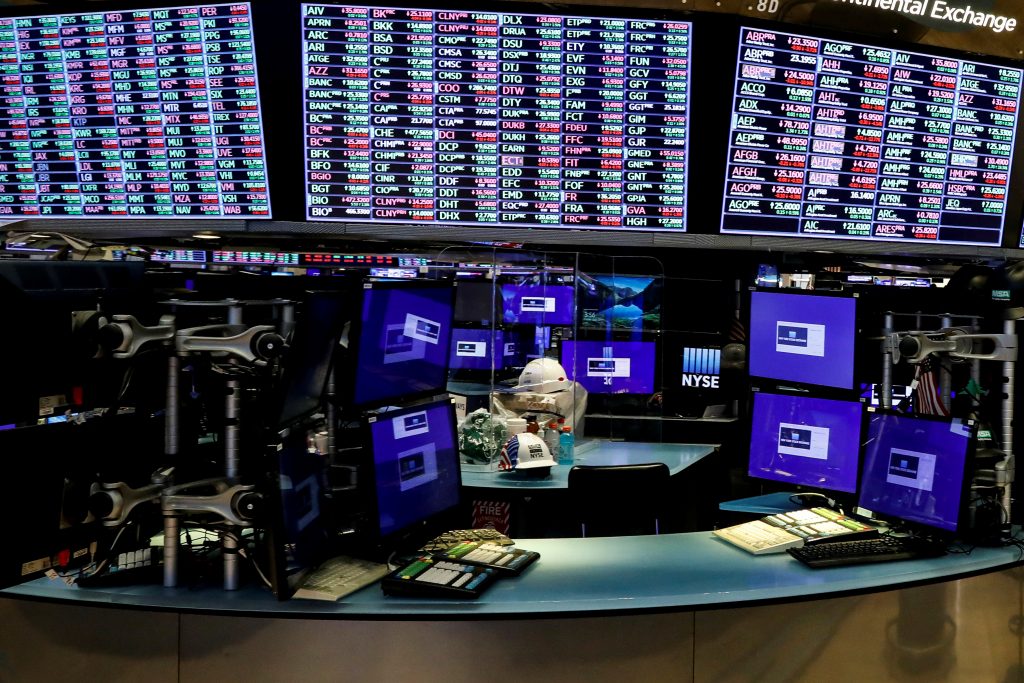Everything from commodity markets to equities have faced significant swings in the past few weeks. Inflation concerns, supply chain disruptions, and mounting uncertainty with the fate of Ukraine’s war with Russia are all major factors in trying to put a price on the future. Indices from a variety of international markets paint an opaque picture of what is to come in the coming weeks, months, and even years. “Markets are trying to price something that is basically impossible to price, as part of what’s going on in the world depends on Putin’s thinking which nobody knows,” said Fahad Kamal, chief investment officer at Kleinwort Hambros.
After closing up 1.4 percent on Wednesday, S&P 500 futures fell 0.1 percent, signaling that the broad market index could be in for a minor correction. After the opening bell, Nasdaq-100 futures fell 0.1 percent, indicating that technology companies may surrender some of the previous day’s gains. The 10-year Treasury note’s yield increased to 2.368 percent from 2.340 percent on Thursday. It has gained in 11 of the last 14 trade days.
 Bonds underperform in high-inflation environments because the value of fixed cash flows is reduced. The yield curve and the price curve move in opposite directions.
Bonds underperform in high-inflation environments because the value of fixed cash flows is reduced. The yield curve and the price curve move in opposite directions.
Oil prices fell 2.1 percent to $112.88 a barrel, according to the global benchmark for Brent crude. Traders say Brent has gained roughly 7% this week due to self-sanctioned efforts by trading houses and refineries to avoid Russian oil.
Russian equities sank 2.5 percent on Thursday, reversing some of Wednesday’s 4.4 percent gain, when the Moscow stock exchange partially reopened after a month-long hiatus. Sberbank, Russia’s largest lender, fell 4.5 percent while Gazprom fell 3.4 percent. Major Asian benchmarks were mixed. Chinese stocks were hit by a sell-off after a US watchdog stated that delisting U.S.-listed Chinese stocks was still a possibility. The Shanghai Composite Index declined 0.9 percent, while the Hong Kong Hang Seng Index in fell 2.5 percent. The Nikkei 225 in Japan was basically unchanged, increasing 0.1 percent.
President Biden stated that if Russia uses chemical weapons, the US will respond and that the country should be ousted from the G-20, raising risks of further escalation. Trying to quantify a decision that will have countless knock-on effects will most likely deliver a quagmire of blurred lines and hazy predictions. This may only embolden the actions of a leader who could feel himself having few realistic options on a limited time horizon to escape a geopolitical frenzy.


